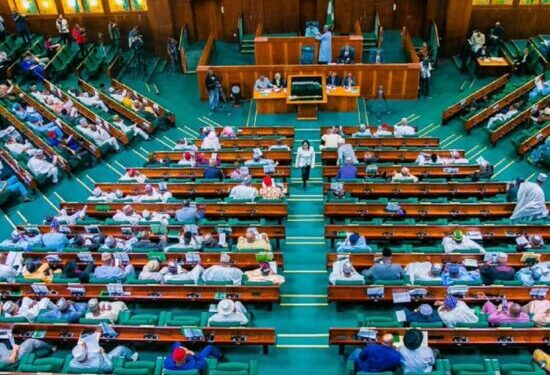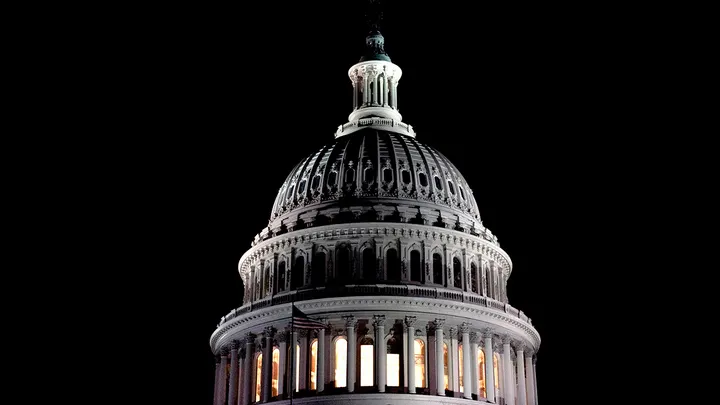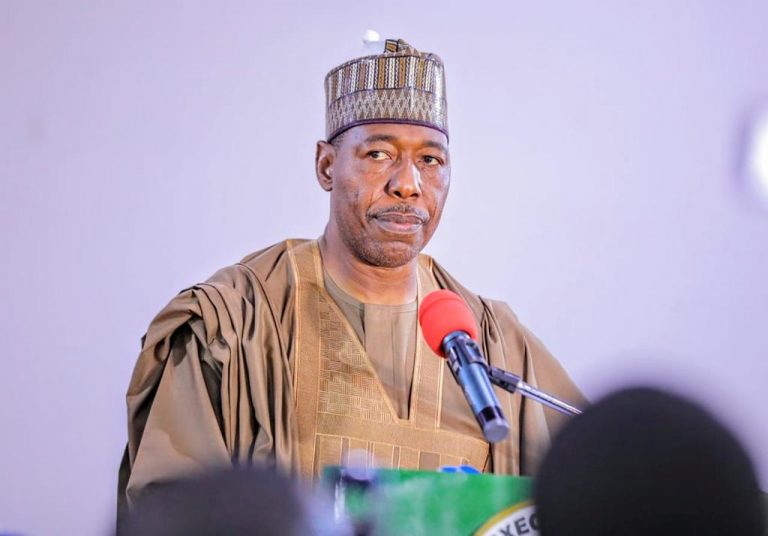Proposed: Oyo State To Be Split Into Two

In a historic development, the House of Representatives has moved closer to creating two new states in Nigeria, after the “Oyo State and Ibadan State Alteration Bill” passed its second reading in the parliament.
The bill, sponsored by Honorable Akeem Adeyemi (son of the late revered Alafin Adeyemi) and six other lawmakers, seeks to carve out a new Oyo State with its capital in Oyo town, while the rest of the existing state would form the proposed Ibadan State with its capital in Ibadan city.
The proposed division of Oyo State is no small matter, as it would involve redistributing the 33 local governments between the two newly created states.
The bill’s passage to the next stage of legislative review signals the growing support within the House of Representatives for this constitutional alteration, a development that is likely to spark intense debate and scrutiny in the weeks ahead.
While some view the creation of new states as an important step towards improved governance, development, and representation for the people of Oyo, others may raise concerns about the potential impact on the existing political and economic balance within the state.
As the proposed Oyo State split continues to gain traction in the House of Representatives, the stakes are high for all parties involved.
The bill’s passage has the potential to reshape the political landscape of the region, with Oyo and Ibadan vying for influence and resources as independent entities. This dynamic could also fuel competition between the two states for investment, tourism, and economic opportunities, with potential benefits and drawbacks for both sides.
The ripple effects of this potential state creation may extend beyond the borders of Oyo and Ibadan, as other regions in Nigeria may also begin to push for the establishment of new states.
This could trigger a domino effect of statehood movements across the country, leading to a significant restructuring of the Nigerian political and administrative system.
While the promise of improved governance and representation may drive support for these movements, it is important to consider the potential challenges and unintended consequences that could arise from such a significant restructuring.
The implications of this proposed Oyo State division extend beyond the political and economic sphere, as it also touches on the cultural and historical significance of the region.
Oyo, as one of the ancient kingdoms in Yoruba history, carries a rich heritage and cultural identity that may be impacted by the proposed split. The establishment of two new states could potentially lead to a redefining of the region’s cultural landscape, with each state seeking to establish its own unique identity.
The debate over the creation of new states is thus a complex and multifaceted issue that requires careful consideration of all possible ramifications.
As the Oyo State division proposal continues to generate discussion and debate, it will be crucial for all stakeholders to engage in a thorough and transparent examination of the potential consequences and benefits of this significant political change.
This will involve weighing the advantages of increased local autonomy and governance against the challenges of economic viability, cultural preservation, and political stability.
The voices of the people of Oyo State, in particular, will be essential in shaping the outcome of this process. It will be critical for their concerns and perspectives to be heard and considered as the future of their region is debated and decided.
Referenece and Citations:
- Dailypost – Bill to break Oyo State scales second reading in reps
- Tribune – Reps: Bill seeking creation of Ibadan state; one other from ‘old Oyo’ passes second reading
- PremiumTimes – Reps move to split Oyo State into two






